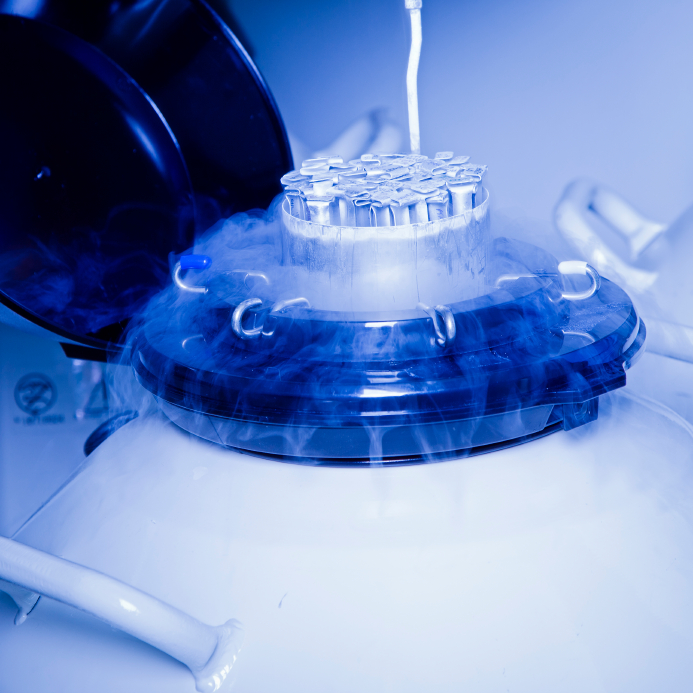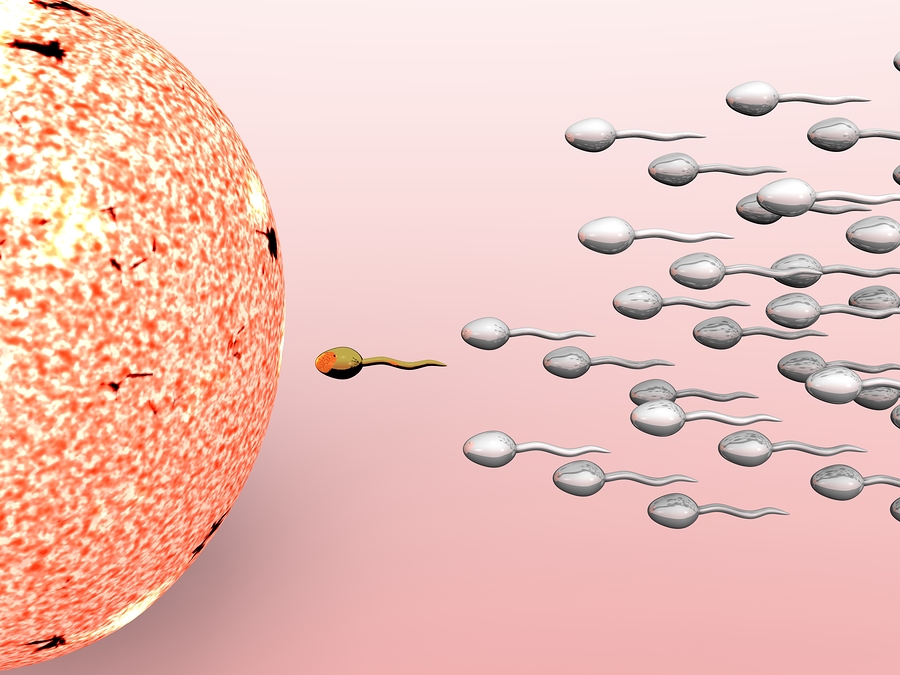Want to have a baby on your own? You’re not alone. The number of women choosing to have a baby on their own without a partner has doubled in the last five years in the UK. So what exactly does it take?
In October this year, the World Health Organisation proposed new guidelines that would deem single men and women as officially ‘infertile’. It means singles could get equal access to fertility treatment on the NHS. Indeed, the number of women having babies has doubled in the last five years. But how exactly do you go about having a baby on your own? What sorts of things should you be thinking about? And what does it actually involve?
Healthista spoke to Professor Geeta Nargund, medical director of Create Fertility clinics and a leading light in reproductive medicine in the UK about exactly what is involved.
-
Get ready

First of all, try attending an open day at a fertility clinic to get all the information you need. Then try and attend for a one stop ‘Fertility MOT’, Professor Nargund suggests, which will check your egg reserve, and the overall state of your fertility. At this point you’ll need to optimise your natural fertility with lifestyle factors such as improving your diet, stopping smoking and reducing drinking to help increases your chances of success. The MOT will involve scans and blood tests to gauge your overall fertility including the state of your fallopian tubes.
MORE: 10 foods that increase fertility
2. Choose your donor sperm (and know the law)
You can choose from a bank of donor sperm that shows donors’ physical characteristics such as skin hair and eye colour and also their education levels and job. If you’re opting to have baby on your own, you’ll probably need to source donor sperm from a bank housed at a fertility clinic. Be aware that while the sperm donor you choose won’t ever have any legal claim on your child, complete anonymity is no longer for sperm donors in the UK’s. That means that when the child turns 18 they will be entitled to source the name, date of birth and last known address of their sperm donor. In the UK, donors can’t remain anonymous but in the US they can. This means that if you bring frozen sperm in from abroad for fertility treatment here, you’re constrained by UK laws. If you’re determined that your donor be completely anonymous, going to a country such as Spain or America where donors can remain anonymous and having treatment there might be an alternative.
3. Fertility treatment
This would take one of three forms
a) Intrauterine Insemination If your fallopian tubes are clear and you’re ovulating naturally, the next step would be Intrauterine Insemination (IUI, sometimes known as artificial insemination) when you’re near ovulation. Sperm is thawed and prepared and injected inside your womb.

b) In-Vitro Fertilization (IVF) Where your tubes are blocked, your egg reserve is low or you’ve had six cycles of unsuccessful IUM, IVF may be necessary. This might also be an option if you’re in your late 30s or early 40s and your chances of getting pregnant are low. You’ll need ovulation stimulating drugs during this process, through CREATE use a low-risk form of such stimulation to ensure you’re at lowest risk of ovarian hyper-stimulation, a rare syndrome which can cause side effects such as severe pain, abdominal swelling and even death in very rare cases.
c) Egg donation If your egg reserve is very low (that means your ovaries are not producing eggs any more) which can be the case in women with early menopause or increased age, you would need to source donor eggs in which the same law applies.
What are the costs?
Diagnosis and fertility status You should be able to get your diagnostic tests through your GP on the NHS. A fertility MOT can cost around £200 and some blood tests which may cost another £200.
Donor sperm £650-100 per ampule of donor sperm
IUI can cost £700-1000 per cycle
IVF can cost in the region of £3500-4000 per cycle.
Dr Nargund will be speaking at The Fertility Show which starts this Friday, tickets cost £12
MORE: 5 ways to preserve your fertility
Healthista video produced and edited by Will Coddington
Like this article? Sign up to our newsletter to get more articles like this delivered straight to your inbox.






















































